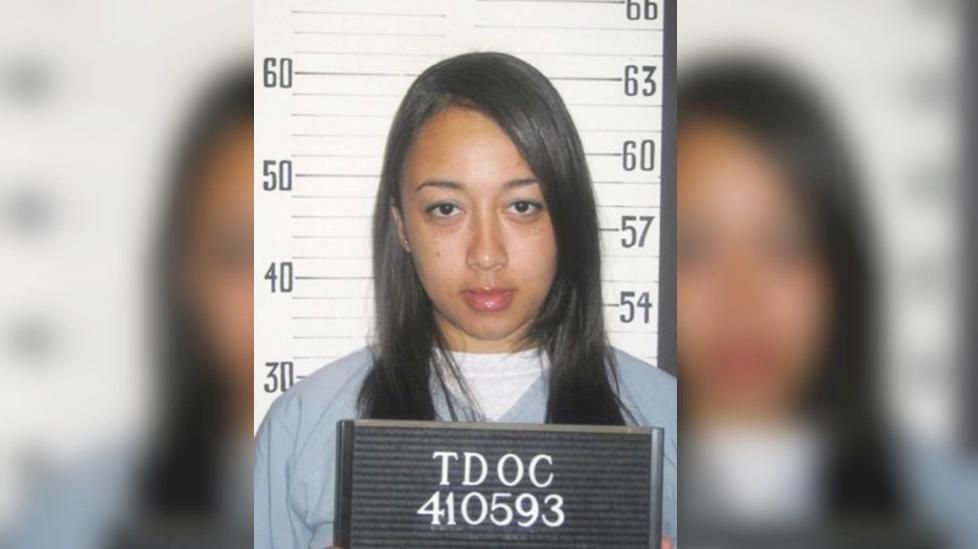Tennessee Gov. Bill Haslam called Cyntoia Brown’s life sentence “unjust” and said his office is looking into clemency for the former teenage sex trafficking victim serving life in prison for murder.
“We’re reviewing a lot of cases, and while Cyntoia’s case has gotten a lot of publicity, I don’t think you want us to treat her’s any different than a whole lot of cases that I think people want us to review,” Haslam said at an event at the Nashville Public Library on Dec. 10, according to Rolling Stone.





